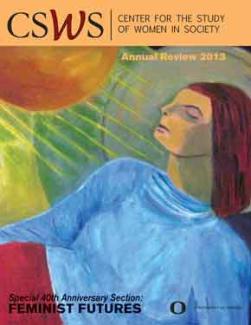40th Special Section: Feminist Futures
- “Funding Feminist Futures” by Carol Stabile, Director, CSWS
- “For Love of a Feminist: Jane Grant, William Harris, and the ‘Fund’” by Jenée Wilde, PhD candidate, Department of English (Folklore), UO
- Celebrating Forty Years: Anniversary Event details
- “Research Can Serve as the Anchor for Feminism’s Future” by Áine Duggan, President, National Council on Research for Women
- “Collaboration as a Challenge and Opportunity in Higher Education” by Yvette Alex-Assensoh, Vice President for Equity and Inclusion, UO
- “Breaking with the Logic of a Botanical Graft” by Michael Hames-García, Professor, Department of Ethnic Studies, UO
- “Women in STEM — a Wakeup Call” by Miriam Deutsch, Professor, Department of Physics, UO
- “Activist Research and the Fight Against the Polluter-Industrial Complex” by Shannon E. Bell, Assistant Professor of Sociology, UK
- “Is Feminist Poetry a Thing of the Past?” by Maggie Evans, PhD graduate, Department of English, UO
- “40 Years Strong: A Timeline of Feminist Research, Teaching, & Activism”
Research & Columns
- “Revolutionary Foodways: A Set of Paths and Practices” by Courtney Thorsson, Assistant Professor, Department of English, UO
- “Change is Slow to Come for Women in Zimbabwe” by Easther Chigumira, PhD candidate, Department of Geography, UO
- “Experience, Confidence, & Vision” by Miriam Abelson, PhD candidate, Department of Sociology, UO
- “Teen Dating Violence and Effects of Mother-Daughter Communication” by Kali Lantrip, Department of Counseling Psychology, UO
Highlights from the Academic Year
Looking at Books
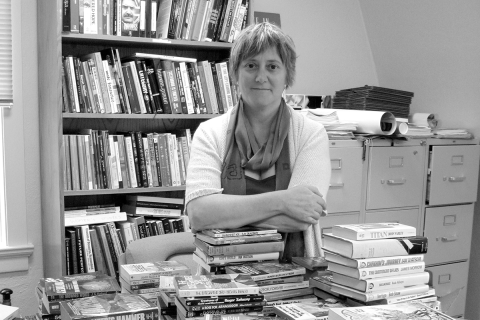
Funding Feminist Futures
by Carol Stabile, Director , Center for the Study of Women in Society, Professor, UO School of Journalism and Communication and the Department of Women’s and Gender Studies

For Love of a Feminist: Jane Grant, William Harris, and the “Fund for the Study of Women”
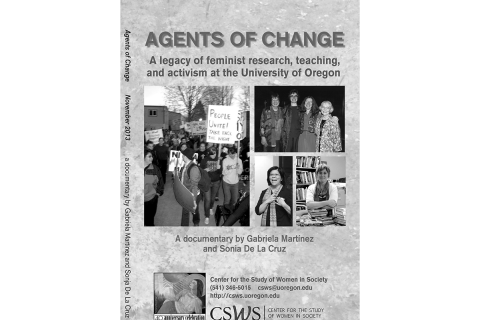
Celebrating Forty Years: Anniversary Event to Showcase Feminist Research, Teaching, and Activism
by Jenée Wilde, PhD candidate, UO Department of English (Folklore)
1973—More than thirty University Feminists loudly take over the steps of Johnson Hall to demand services for women on campus. The Oregon State Board of Higher Education signs off on the state’s first women’s studies program at University of Oregon. A librarian searches out the papers of early feminist Jane C. Grant for UO Library’s Special Collections. And a small core of faculty creates the Center for the Sociological Study of Women (CSSW) to support feminist research on campus.
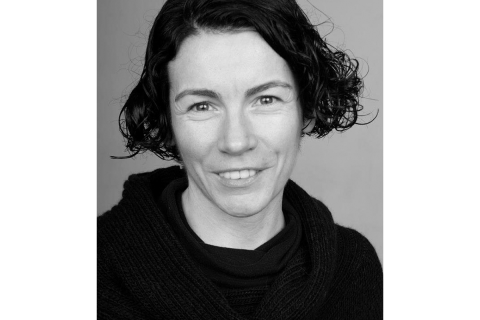
Research Can Serve as the Anchor for Feminism’s Future
by Áine Duggan, President, National Council on Research for Women
The future of feminism may be over sooner than we think. So goes talk in the public sphere and blogosphere about how celebrities-du-jour and political women alike are running in horror away from the “F” word. You would think the feminist waves were a plague on all our houses. (Curiously, some of their male counterparts are embracing the word; see Patrick Stewart and Dr. Jackson Katz.)
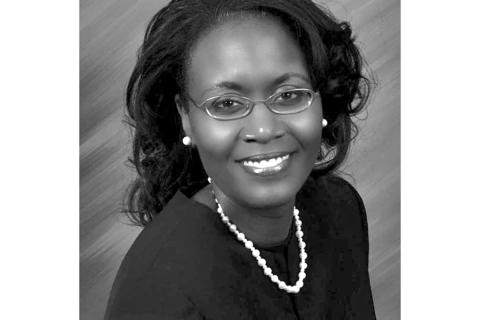
Collaboration as a Challenge and Opportunity in Higher Education
by Yvette Alex-Assensoh, Vice President for Equity and Inclusion, University of Oregon
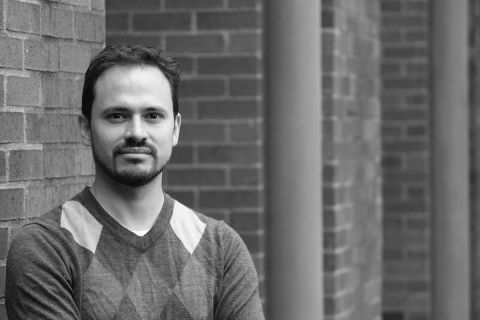
Breaking with the Logic of a Botanical Graft
by Michael Hames-García, Professor, UO Department of Ethnic Studies
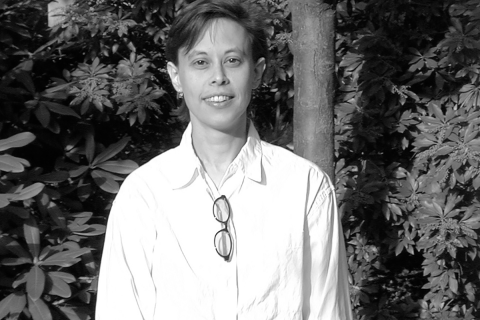
Women in STEM: A Wakeup Call
by Miriam Deutsch, Professor, UO Department of Physics, Oregon Center for Optics
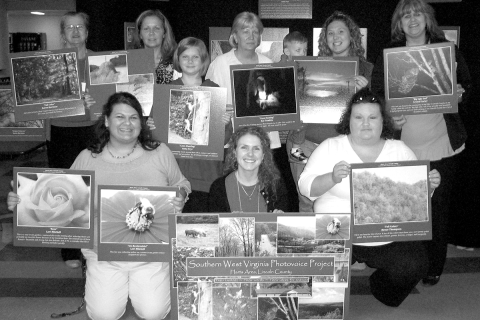
Activist Research and the Fight Against the Polluter-Industrial Complex
by Shannon Elizabeth Bell, Assistant Professor of Sociology, University of Kentucky
The future I hope to see for feminist research is more scholars engaging in activist research aimed at fighting the tremendous number of environmental injustices that are devastating the lives of women and other vulnerable populations around the world.

Is Feminist Poetry a Thing of the Past?
by Maggie Evans, PhD graduate, , UO Department of English
Tasked with composing a short riff on the future of feminist research in American poetics, I set out, naturally, for the library, determined to explore a few beginning questions that sprang to mind. Among them: How do contemporary women poets enact or represent feminism(s) in their poetry? How have the changing political and social goals of feminism affected the thematic and formal choices of feminist writers? How do feminist writers depict or imagine the future? Library, here I come!

Revolutionary Foodways: a Set of Paths and Practices
by Courtney Thorsson, Assistant Professor, UO Department of English
My first book, Women’s Work: Nationalism and Contemporary African American Women’s Novels, has one chapter on cooking as a practice of nationalism in the works of poet, playwright, and novelist Ntozake Shange. When that chapter became twice as long as any other, I realized I had a second project on my hands and began compiling the notes and stacks of books that became the skeleton for my new project, Revolutionary Recipes: Foodways and African American Literature.
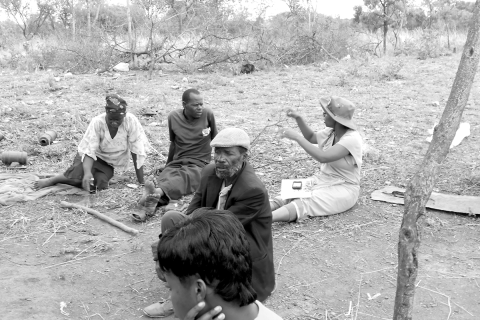
Change is Slow to Come for Women in Zimbabwe
by Easther Chigumira, PhD candidate, UO Department of Geography

Experience, Confidence & Vision
by Miriam Abelson, PhD candidate, UO Department of Sociology

Talk to Your Kids About Dating: Effects of Mother-Daughter Communication on Adolescent Daughters’ Beliefs and Experiences of Teen Dating Violence
by Kali Lantrip, UO Department of Counseling Psychology


